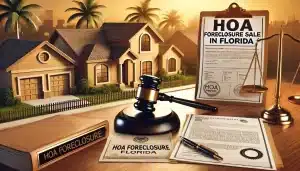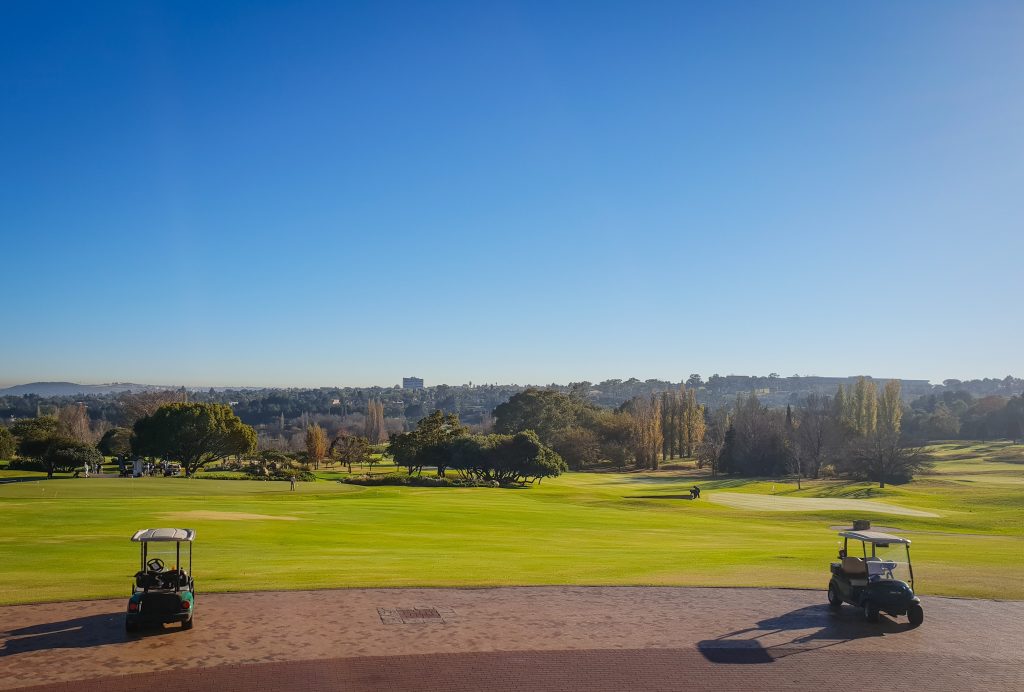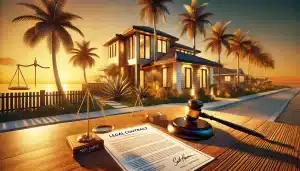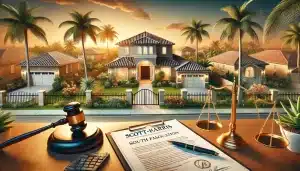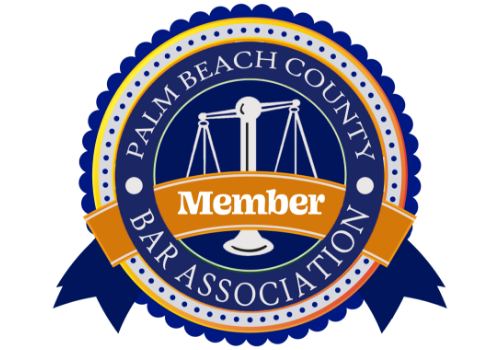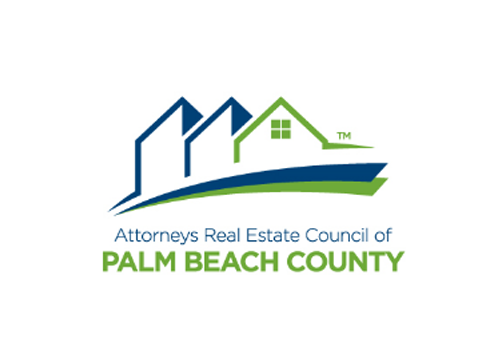For several years now in south Florida, builders have been snapping up golf
courses and converting them to housing developments. This of course has led to
legal and zoning fights by neighborhoods who are none too happy with having
their golf course vistas replaced by homes, townhomes and apartments. Until the
pandemic, golf as a sport was seeing dwindling numbers of players, and many golf
courses were in the red. However, golf has seen a resurgence in south Florida as
more people move here from the Northeast and elsewhere, and tee times are
becoming much harder to get during the season. Thus, the economic argument
that builders and golf course owners make that golf courses are no longer
profitable isn’t so true anymore, but the claims of unprofitability are still made in
most every application to rezone a golf course for development.
Golf course conversions can be attacked in the rezoning process. The developer
and golf course owner must file an application in the county or city where the
course is located requesting the necessary zoning and land use changes to
convert the golf course to residential development. Chances are, the developer
and the land use experts it hires can meet the technical requirements of the
zoning code, and the zoning staff will recommend approval of the application.
County and City Commissions, however, have discretion to approve or disapprove
rezoning applications. There is enough gray area in zoning that decisions can
often come down to politics. If a neighborhood bans together and makes a
sustained effort to stop the golf course conversion, sometimes it works. This
requires the neighborhood showing up in large numbers at commission meetings.
Homeowners must also meet commissioners individually to lobby for their vote.
Zoning challenges are not easy; developers have the money and resources, and
they often have pull with county and city officials.
In addition to an up or down vote, there are other angles that are worked in golf
course conversions. Elected officials want developers to have community
outreach, to work with neighborhoods to reach a consensus for the new
development. Developers will often offer large donations to the neighborhood
homeowners association for community improvements to garner support. Also,
developers will come in asking for the moon, but will scale back the intensity of
the project to improve compatibility with the existing neighborhood.
Legal challenges to golf course conversions are made in court, by filing a lawsuit
to enjoin the new development. Under Florida law, a property owner in general
has a right to the free use his or her property, limited by land use and government
restrictions. Thus, if a golf course has an underlying land use or zoning for
development, and there are no other restrictions for use of the property, then a
court will not have the authority to block a golf course conversion. However,
sometimes there are other restrictions limiting the use of golf course property.
Primary among these are recorded deed restrictions expressly limiting the use of
the property to a golf course. Such deed restrictions are typically upheld, unless
there has been a substantial change in the character of the neighborhood. One
caveat; a deed restriction can prevent the use of the property for anything else
but a golf course, but the golf course owner can’t be forced to keep the golf
course operational. Also, if a golf course is part of a platted subdivision, then the
plat may have restrictions limiting the use of golf course property to a golf course,
or other recreational uses. A lot owner who buys into a platted subdivision
acquires implied rights arising from the plat, and those rights cannot be taken
away without the lot owners’ consent. One other possible restriction to halt a
golf course conversion would be if there is a contractual agreement to limit the
use of the golf course, even if unrecorded, that is known to the current owner.
For instance, a prior owner of the golf course may have agreed in writing with a
homeowner’s association to always use the property as a golf course. If the
current golf course owner has notice of the agreement, then the owner may be
bound by it.
